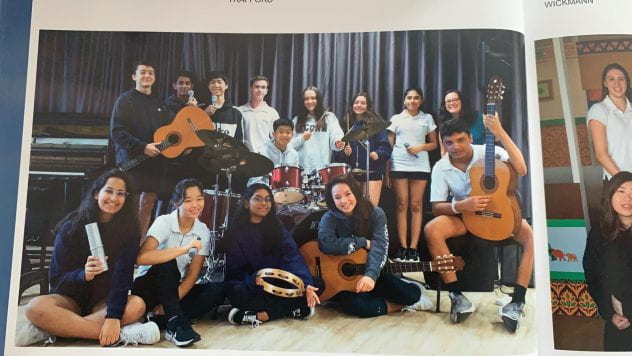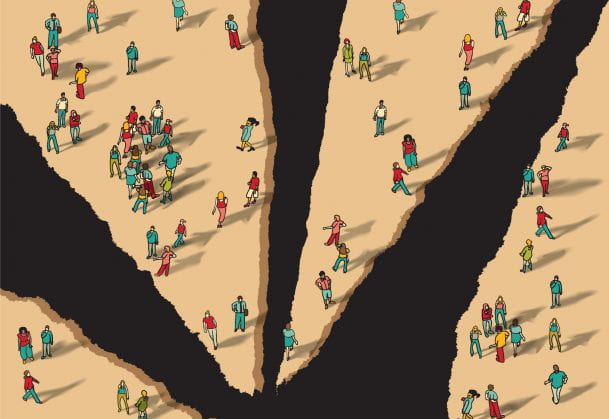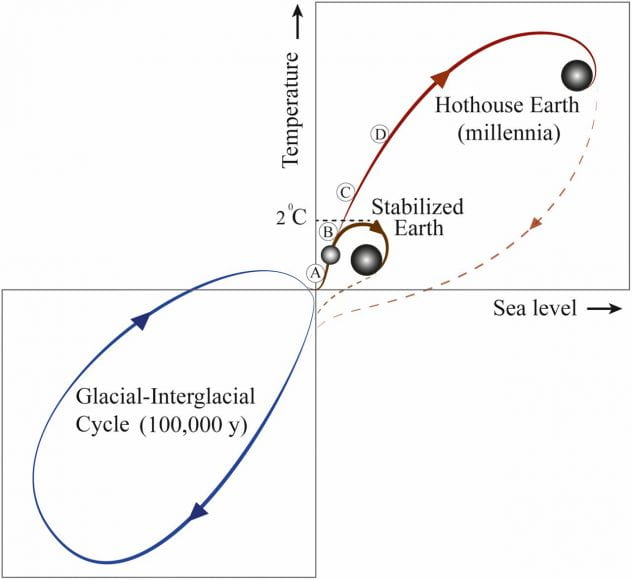For project week, our group wishes to do trekking in Taiwan as we are all quite experienced trekkers and several of our family vacations have been spending time in the mountains. After attending the first project week assembly we were inspired by the breathtaking images of previous project week expeditions. One, in particular, showcased a group which embarked on a trekking expedition. After doing more research, we were all keen on hiking. We are really excited to go hiking as it is our passion and we are ready for a good challenge.
Firstly, the trek is ranked fairly challenging so it will push out mental and physical endurance further form what we have done in the past and be a truly enriching experience. We are looking for an expedition that pushes us out of our comfort zone. We believe that the idea of spending numerous days challenging ourselves by climbing long hours for the ultimate pay-off of a breathtaking view is truly rewarding.
Secondly, the trek itself and the active volcano are truly breathtaking. We are really interested in understanding the geography of volcanoes and how they work as well as learning about ecosystems that survive near volcanoes despite the extreme conditions. We love being in nature and feel that this trek will assist us in feeling as if we are one with it.
To collaborate fairly and equally: We can measure this by keeping track of the tasks which each member of the group does. In order to do so, we will have to communicate well with our group when distributing tasks and planning our trip. This must be done over the course of the whole project week. It is relevant as all members of our group tend to be busy. Greater collaboration will help us to balance this work with work from other aspects of our life. Additionally, we do not want one person to feel as though they have to do anything, this can lead to conflicts within the group which is something we would like to avoid.
To climb to the peak of The Nenggao Mountain: We have a set itinerary for our trek. As we climb the mountain we will be able to compare our progress with our planned progress to check if we are on track or not. We will need to exercise 1-3 times every week in order to build our physical endurance for the hike. This will make hiking in the new environment more attainable and manageable. We plan to accomplish this over the course of 4 days. As our trip is hike based, reaching the peak will indicate that we have been able to successfully complete our hike. Additionally, we have always believed that climbing and being able to see the view from the peak is a very accomplishing idea.
Travelling in a sustainable manner: We will be able to measure the amount of plastic we use throughout the trip. We can bring our own tupperware and bottles, we can reuse these containers. This will reduce our use of plastic. Additionally, before leaving a camp we will take a walk around the area to pick up any trash that may be polluted. This must be tracked over the course of four days. This is relevant as our group values sustainable travelling, and we would like to minimize the negative impact we make on the environment around us.
We have created an Instagram (@group34taiwonadventures). We will also be compiling all our reflections into our project week section of our CAS reflections in our digital portfolios so we can ensure that our experience left a lasting impact on us and so that we don’t forget what happened. We will also be making a project week book cover and a book which we will add all our photos from the trip into in order to record all our experiences in one place. We may also be in frequent contact with new friends we made on the trek. We may also share experiences with the grade below talking about what exactly we did and what we would do if we were to do it all over again as well as what we really enjoyed.













